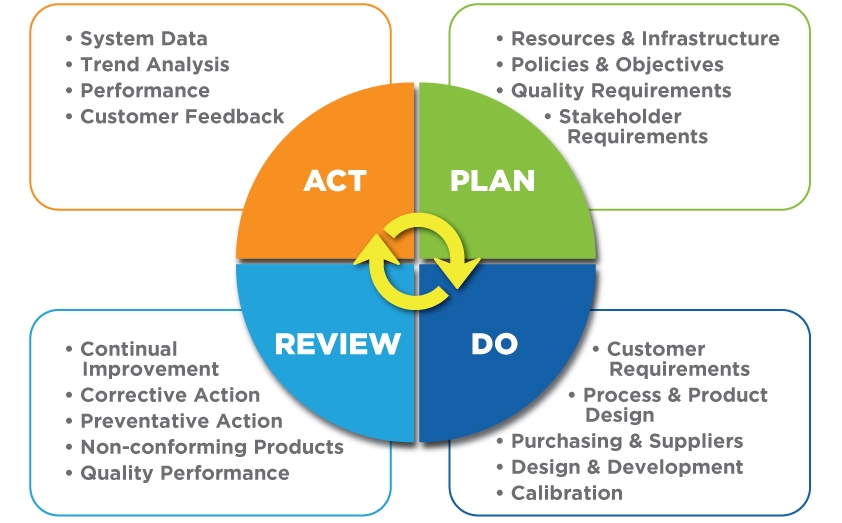Quality control systems are critical to process industries such as production engineering and pharmaceuticals. It is the responsibility of quality inspection to ensure that product materials, procedures, and processes adhere to user specifications. Quality control systems can be implemented in the form of a quality system. Harrington Group International has set standards for the use of the term quality control systems in their publications.
Benefits of quality control systems
1. Increased productivity
The benefits of a quality control system go beyond the simple cost-savings associated with eliminating waste and achieving process reliability. For example, a quality control system can ensure that products are consistently produced at an acceptable level of quality. This ensures that the product meets its intended design and functionality requirements, which improves end-user satisfaction and lowers customer complaints.
2. Reduced risks
Quality control systems can be used to identify product and process defects promptly. These systems are set up to monitor production processes and then act on the information by troubleshooting problems, implementing preventive measures, and providing feedback to the appropriate personnel. It helps reduce risks related to production delays, product recalls, and costly warranty work.
3. Improved response time
A quality control system ensures that users are informed about product issues quickly and promptly by integrating the appropriate information technology tools. This allows for more efficient use of resources, which improves response time.
4. Compliance
A quality control system helps ensure strict adherence to regulatory requirements. Currently, there is a trend toward more stringent laws and regulations governing product manufacturing and product quality. To meet these requirements, it is critical to have a quality control system in place which can quickly identify problems, provide feedback to personnel in the appropriate departments, and correct the problem quickly.
5. Cost savings
It is possible to reduce the costs associated with poor quality by implementing a quality control system, which can prevent these costs from accumulating in the first place. The costs associated with a quality control system include purchasing the controls, implementing them, training employees on them, and ensuring that they continue working as designed.
6. Improved focus
The main objective of a quality control system is to provide feedback to ensure that production processes are working correctly and meeting user specifications at all times. This ensures that attention is continually focused on the areas of the production process that need to be improved or corrected.
7. Improved communication between departments
Another main benefit of quality control systems is the improved communication between departments involved in product development, production, and post-production or service issues. For example, if a user encounters a problem with a product, it may be necessary to contact several different departments to resolve the issue. This can lead to confusion and wasted time as different departments attempt to address issues outside their scope.
At HGI company, we understand that the most successful organizations are those that implement quality control systems. Our goal is to help companies implement quality control systems in such a way that they provide the greatest amount of benefit to their business. Reach out to us today at https://hgint.com/ and let us help you provide a better customer experience.


